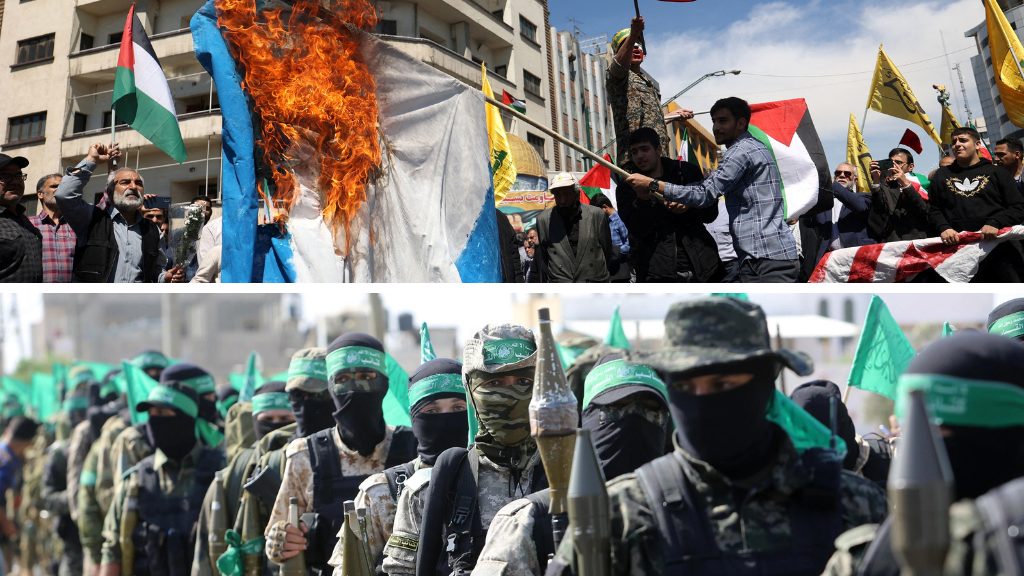In the aftermath of the Iran Israel Conflict, Tehran finds itself at a crossroads, with divergent opinions shaping public discourse. While government loyalists trumpet the purported victory over Israel, dissenting voices question the wisdom of escalating hostilities.
The streets of Tehran, adorned with celebratory posters and billboards, reflect the regime’s narrative of strength and defiance. However, beneath the veneer of triumph lies a palpable sense of unease among segments of the population.
Parmis Roshan, sipping coffee amidst a pro-government rally, epitomizes the skepticism harbored by many Iranians. “I don’t understand the government’s attitude and its supporters,” she remarks, highlighting the disconnect between official rhetoric and public sentiment.
On the other hand, fervent supporters like Motahareh Hosseinzadeh rally behind the regime, viewing the conflict as a decisive blow against their perceived enemies. Such sentiments, amplified by IRGC commanders, underscore Iran’s uncompromising stance on regional affairs.
Yet, amidst the fervor of nationalist pride, questions linger about the efficacy of the attacks and their long-term implications. Parham Eimani, a vocal critic of the regime, warns of the economic and diplomatic fallout stemming from further escalation.
Moreover, the regime’s crackdown on dissenting voices underscores the fragility of free expression in Iran. Online critics, like Eimani, face intimidation and legal repercussions, highlighting the government’s intolerance of dissent.
As Tehran navigates the aftermath of the conflict, the specter of nuclear proliferation looms large. The regime’s pursuit of nuclear capabilities, coupled with its assertive foreign policy, raises concerns about regional stability and the prospects for peace.
In this climate of uncertainty and apprehension, Tehran grapples with the complexities of balancing national pride with the imperatives of regional security. The Iran Israel Conflict serves as a stark reminder of the enduring challenges facing the Middle East and the imperative of finding peaceful resolutions amidst the turmoil.


